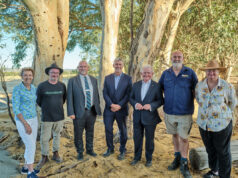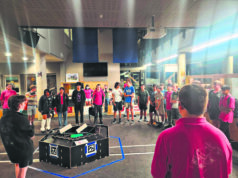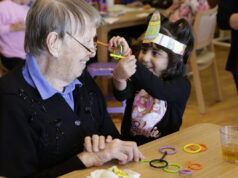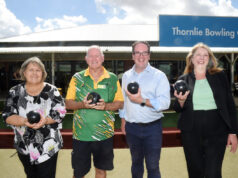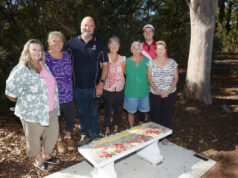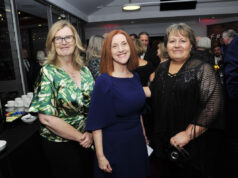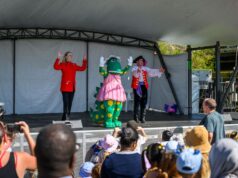
A Curtin University researcher said marketing pole dancing kits to children was a form of child sexualisation, but an Australian national pole-dancing champion said that was a short-sighted view.
Dr Michelle Jongenelis is a researcher at the Curtin University School of Psychology and Speech Pathology.
After an advert for a Czech pole dancing kit targeted toward children went viral on social media, Dr Jongenelis said she was concerned about a growth in sexualisation of children in the media.
She acknowledged pole dancing was a form of exercise but believed there were better alternatives for children.
“There are ways to exercise that don’t involve the sexual connotations that come with pole dancing,” she said.
“They talk about it in terms of female empowerment but I’m not sure if it’s not perpetuating this thing in the media about sexualisation of women.”
Responses on social media included people who said they would refuse to buy the product for their own children and others saying marketing the product to children was inappropriate.
“I don’t think you’d be getting this reaction if it was something that wasn’t associated with the sex industry,” Dr Jongenelis said.
A professional pole dancer has since spoken out defending pole dancing saying it is more than just a sexual performance.
Joanna Littlewood-Johnson is the director and owner of Core Pilates & Core Fusion Studios in Southern River.
Ms Littlewood-Johnson was the Australian Pole Championships winner in 2013, a top-10 finisher at the World Pole Sports Championships in London 2012 and an Australia’s Got Talent finalist.
She operates her Southern River business full-time and said far from an inherently sexual performance; pole dancing was a practical body workout method that many women enjoyed in a non-sexual environment.
“It’s not really any different to regular gymnastics,” she said.
“It’s different skills but that’s because it’s a different apparatus.
“I have performed with Joseph Aston circus in pole and that was just another circus act.”
She said assumptions pole dancing had to be sexual and was thus inappropriate for children were short-sighted.
Ms Littlewood-Johnson’s two sons were involved in gymnastics and she said she would have no objections if they became interested in pole.
“At the international World Pole Championships they have children as young as 10-years-old competing and they are incredible,” she said.
She said critics who had slammed the Czech business for marketing pole dancing kits for young girls had missed the point and had made assumptions based on media representations of pole dancing.


